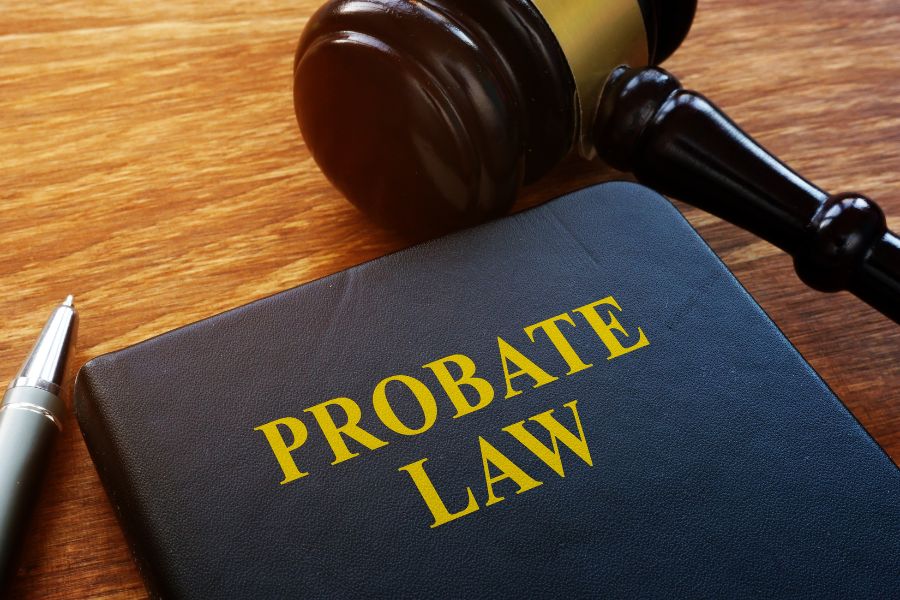Who will your family choose to host Thanksgiving this year? Even more importantly – who…

Out-of-State Probate Tips

Losing a loved one is an emotional and life-changing experience. You might be tasked with the responsibility of settling the estate while also grieving your loss. It can be a challenging time in anyone’s life. However, it becomes even more complicated when you must go through probate for out-of-state property.
Many people move to various states throughout their lifetime. Updates to the will, trust, and other documents are necessary when that happens. The changes need to reflect the laws in those particular states and the correct procedures for estate planning. Often though, people do not update their estate plan when they move.
What Is Probate?
The probate process starts when someone passes away and the court needs to review and validate their will. Once a probate judge (called a “Surrogate” in New York) determines the will is valid, it appoints an executor to manage the estate. The appointed executor will pay debts and taxes, transfer assets to beneficiaries, and manage the other aspects of closing out an estate.
Probate laws differ depending on the state where the assets are held. If the deceased person lived in one state, but also had assets in another, you may have multiple probate cases to handle. Out-of-state probate can be confusing to navigate alone. Ensuring you and your loved one’s beneficiaries receive all the assets left behind across state (or country) lines often requires legal guidance.
Elements of Ancillary Probate
When a will for a resident of one state includes assets from another state, ancillary probate is usually required. Ancillary probate is the process used to distribute property in a second state when the main probate proceeding occurs in another.
The probate judge in one state has no legal jurisdiction over assets in another state. That’s why separate probate procedures are needed.
How to Navigate Ancillary Probate
If you have to go through out-of-state probate, you should understand how it works. First the executor must enter the will into probate in the deceased’s state of residence. Once that court validates it, the executor initiates an ancillary probate proceeding for out-of-state property.
The ancillary probate court often requires the executor to submit its own application or petition. The ancillary probate court may require documents from the main probate court such as the order or decree admitting the will to probate, the letters appointing the executor, and an “exemplified copy” of the will (a copy certified as valid by the main probate court). A certified death certificate or bond from the executor may also be necessary.
Avoiding Ancillary Probate
Ancillary probate puts an additional burden on the executor and can delay property distribution. You might avoid it by pointing out these challenges to a loved one who has discussed their estate plan with you, if they have assets in multiple states.
A trust can often avoid ancillary probate, if it’s properly drafted. The trust holds the out of state property, and the property can pass to beneficiaries when the current owner dies without the need for court involvement.
Real property is the most common asset that requires ancillary probate. Often “snowbirds” who live in New York and own condos in Florida can avoid ancillary probate by transferring the Florida condo to a trust.
For property in foreign countries, sometimes the country will recognize trusts like this too. If not, forming an LLC to hold the property might be a way to avoid a foreign probate proceeding.
Contact Us
Should you become the executor of an estate, please reach out to us. We can guide you through the procedure and advise you on how to handle each step. We are here to help you finalize your family member’s affairs so that you can complete the process in the least stressful way possible.
Call the Law & Mediation Office of Bracha Etengoff today for your consultation at (347) 640-0993. We can meet with you by video or at a location most convenient for you, whether it’s our Manhattan or Long Island office, or your home or office.




